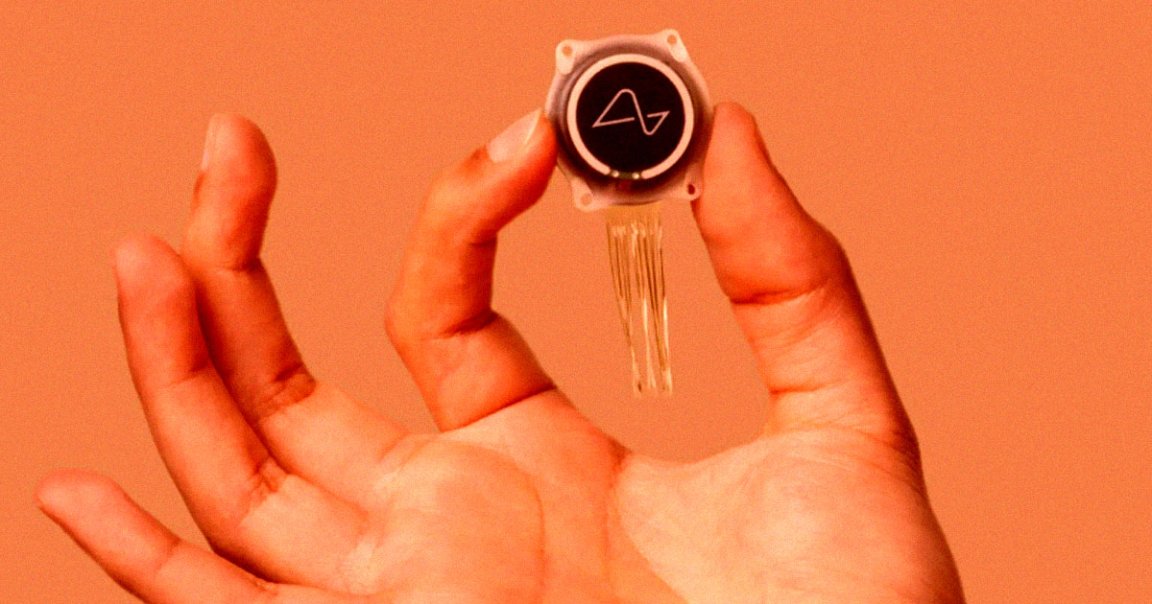
Multi-hyphenate billionaire Elon Musk claims his startup Neuralink has successfully implanted a wireless brain chip into a human subject for the first time.
The patient is “recovering well,” Musk tweeted. “Initial results show promising neuron spike detection.”
The startup’s goal, the CEO wrote, is to allow somebody to control a “phone or computer, and through them almost any device, just by thinking.”
That kind of ability will amount to what Musk is calling “Telepathy,” which will be Neuralinks’ first “product.”
“Imagine if Stephen Hawking could communicate faster than a speed typist or auctioneer,” Musk suggested. “That is the goal.”
But given Musk’s less-than-stellar track record when it comes to timelines and misleading product names — we’re looking at you, Autopilot and “Full Self-Driving” — it’s unclear when patients will start being able to wirelessly control devices with their thoughts alone.
The news comes after Neuralink won FDA approval for a human study in May. Roughly four months later, it was approved for recruitment for the trial.
Earlier that year, Reuters reported that its previous applications had been denied thanks to dozens of issues, including safety concerns.
In October, an investigation by Wired detailed the company’s grisly experiments, with test monkeys experiencing brain swelling, seizures, and the loss of control over limbs.
Weeks later, lawmakers started pressuring the Securities and Exchange Commission to investigate Neuralink and Musk, who may have misled investors by not revealing the grisly effects of its brain implants in primates.
Of course, it’s unclear how much progress Neuralink has made since then and how its procedures differ when it comes to human patients.
The company’s Precise Robotically Implanted Brain-Computer Interface (PRIME) study involves using a robot called R1 to surgically place an “N1” implant in a region of the brain responsible for controlling movement intention, per Neuralink’s website.
The chip has “ultra-fine and flexible threads” that detect brain signals and wirelessly pass them on to an app that “decodes movement intention.”
Experts, however, have remained skeptical of such a device’s effectiveness, let alone whether it truly represents a breakthrough considering decades of prior research and similar devices that can already allow patients to control cursors or other input devices with their thoughts.
However, while experts have balked at Musk’s promises that such devices will eventually allow the blind to see and the paralyzed to walk again, others have been impressed by the wireless technology employed by the startup.
In short, we’ll be watching — but given Musk’s well-documented tendency to overpromise and underdeliver, Neuralink still has a lot to prove.
More on Neuralink: Lawmakers Demand Investigation Into Carnage at Neuralink